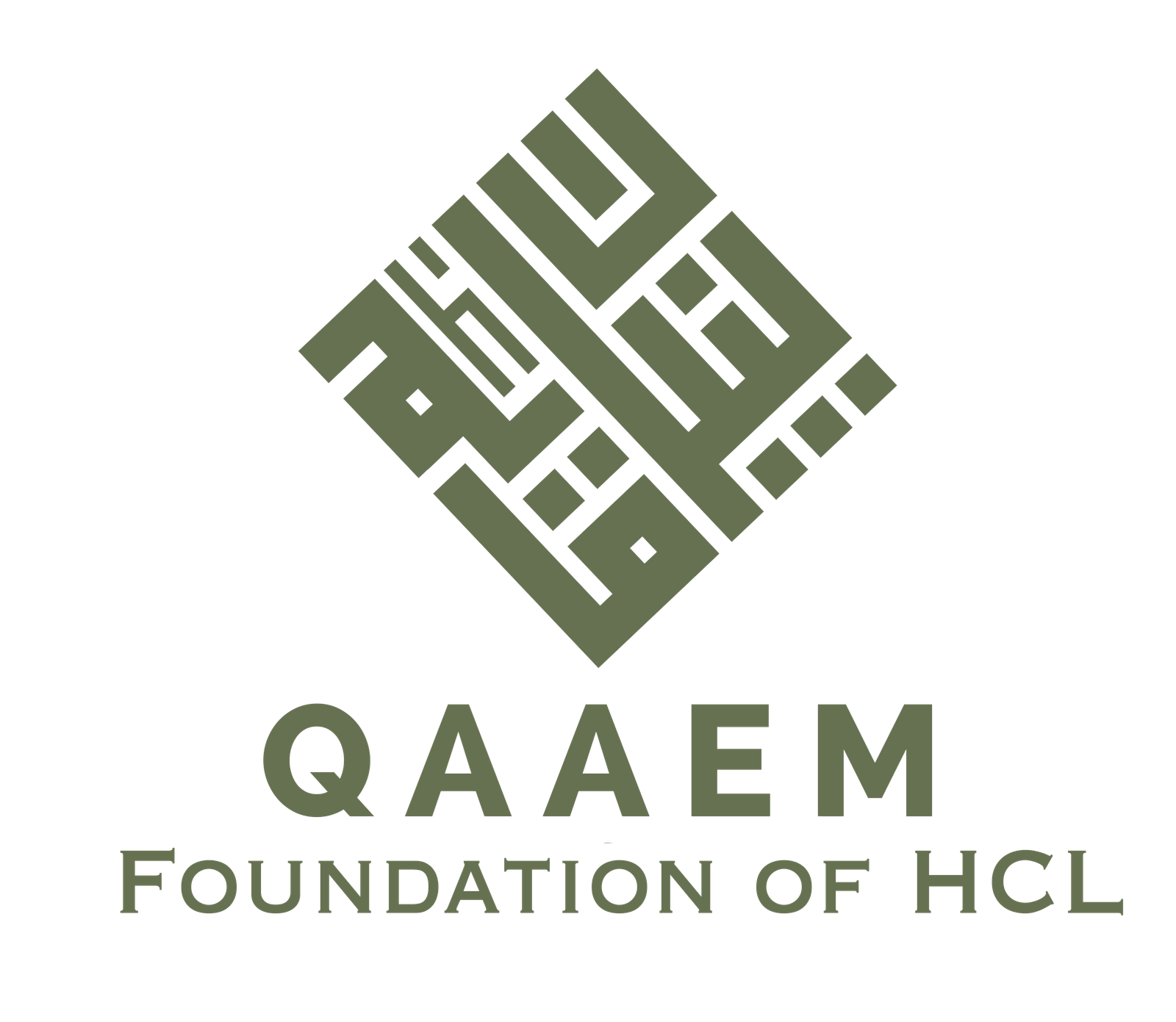Eid is a significant festival in Islam, celebrated by Muslims worldwide. There are two main Eids: Eid al-Fitr and Eid al-Adha.
Eid al-Fitr marks the end of Ramadan, the Islamic holy month of fasting. It is celebrated with a special prayer, called Salat al-Eid, and is a day of feasting and giving thanks. Muslims dress in their finest clothes, perform acts of charity (known as Zakat al-Fitr), and gather with family and friends for festive meals.
Eid al-Adha, also known as the “Festival of Sacrifice,” commemorates the willingness of Ibrahim (Abraham) to sacrifice his son as an act of obedience to God. It coincides with the Hajj pilgrimage and is marked by the ritual of animal sacrifice, with the meat distributed among family, friends, and the needy. Like Eid al-Fitr, it involves special prayers, festive gatherings, and acts of charity.
Both Eids are times of joy, community, and reflection on faith and devotion.
Eids and Other Family Gathering Celebrations
Eids and other family gatherings hold a special place in the hearts of Muslims, serving as times of joy, community, and religious reflection.
Eid Celebrations:
Eid al-Fitr and Eid al-Adha are the most prominent family celebrations in Islam. On these days, Muslims perform special prayers, wear their best clothes, and engage in festive meals. Eid al-Fitr is celebrated at the end of Ramadan with communal prayers, feasting, and acts of charity. Eid al-Adha, the “Festival of Sacrifice,” involves the ritual sacrifice of an animal, symbolizing Ibrahim’s willingness to obey God’s command. The meat is shared among family, friends, and those in need. Both Eids emphasize the importance of community, charity, and gratitude.
